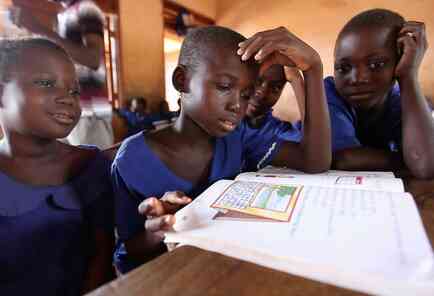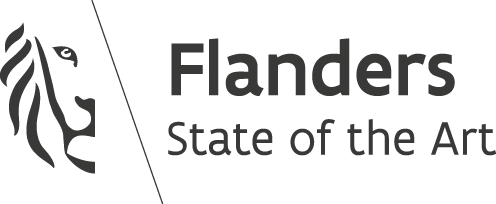Dudley Reynolds, a Teaching Professor of English at the Carnegie Mellon University in Qatar, made in collaboration with the research organization of the Carnegie Mellon University and Wise Qatar Foundation a report on language policy in globalised contexts.
The language of instruction and the choice of language use have a direct impact on educational outcomes globally. These choices influence the accessibility of content and give the implicit signal of whether or not the heritage and identity of pupils are welcome and whether multilingual learners can succeed at school.
Current language policies have a negative impact in many ways on the educational opportunities of indigenous and migrant speakers of minority languages and of speakers of majority languages who are not motivated to learn additional languages. According to statistics, 40% of all children in the world study in languages they do not fully understand (source: Unesco 2016). In the United Kingdom and the United States, learning languages other than English is falling dramatically.
Moreover, restricting language use in classrooms stigmatises minority languages, and it restricts students from creating meaningful connections. In Singapore, bilingualism is the cornerstone of the education system, as every child learns English alongside their mother tongue (source: Ministry of Education, Singapore, 2018). Elsewhere, there is also more focus on multilingual education, as New Zealand has introduced “ka hikitia", an educational strategy to formalise minority languages in schools. In conclusion, multilingual education is related to cognitive and social development. Therefore, reports such as the one mentioned are important since they resolve the question: How does the current language policy create more equality in education?
Photo credit: GPE/Chantal Rigaud
The language of instruction and the choice of language use have a direct impact on educational outcomes globally. These choices influence the accessibility of content and give the implicit signal of whether or not the heritage and identity of pupils are welcome and whether multilingual learners can succeed at school.
Current language policies have a negative impact in many ways on the educational opportunities of indigenous and migrant speakers of minority languages and of speakers of majority languages who are not motivated to learn additional languages. According to statistics, 40% of all children in the world study in languages they do not fully understand (source: Unesco 2016). In the United Kingdom and the United States, learning languages other than English is falling dramatically.
Moreover, restricting language use in classrooms stigmatises minority languages, and it restricts students from creating meaningful connections. In Singapore, bilingualism is the cornerstone of the education system, as every child learns English alongside their mother tongue (source: Ministry of Education, Singapore, 2018). Elsewhere, there is also more focus on multilingual education, as New Zealand has introduced “ka hikitia", an educational strategy to formalise minority languages in schools. In conclusion, multilingual education is related to cognitive and social development. Therefore, reports such as the one mentioned are important since they resolve the question: How does the current language policy create more equality in education?
Photo credit: GPE/Chantal Rigaud
Subscribe to our (Dutch) newsletter
|
English





